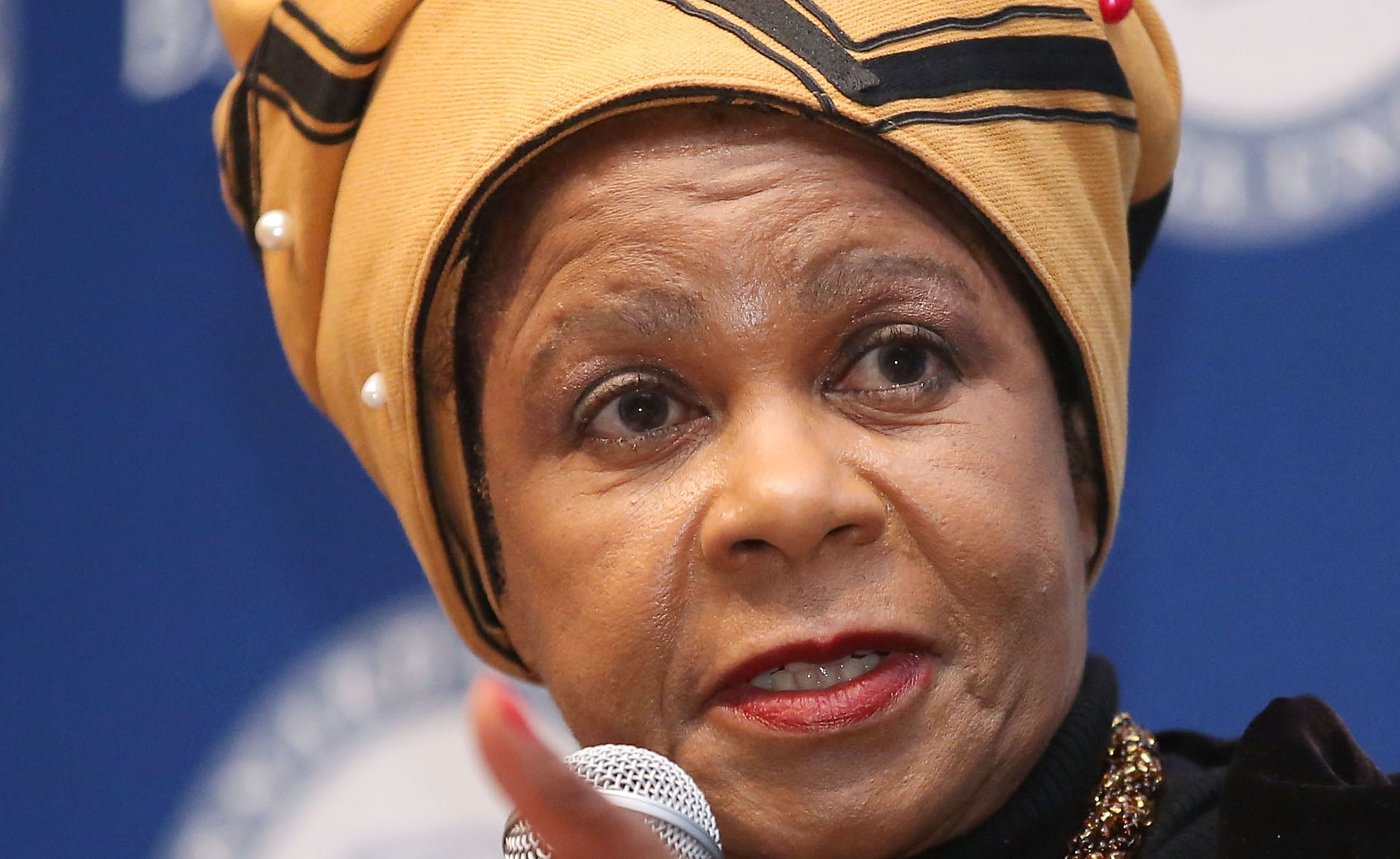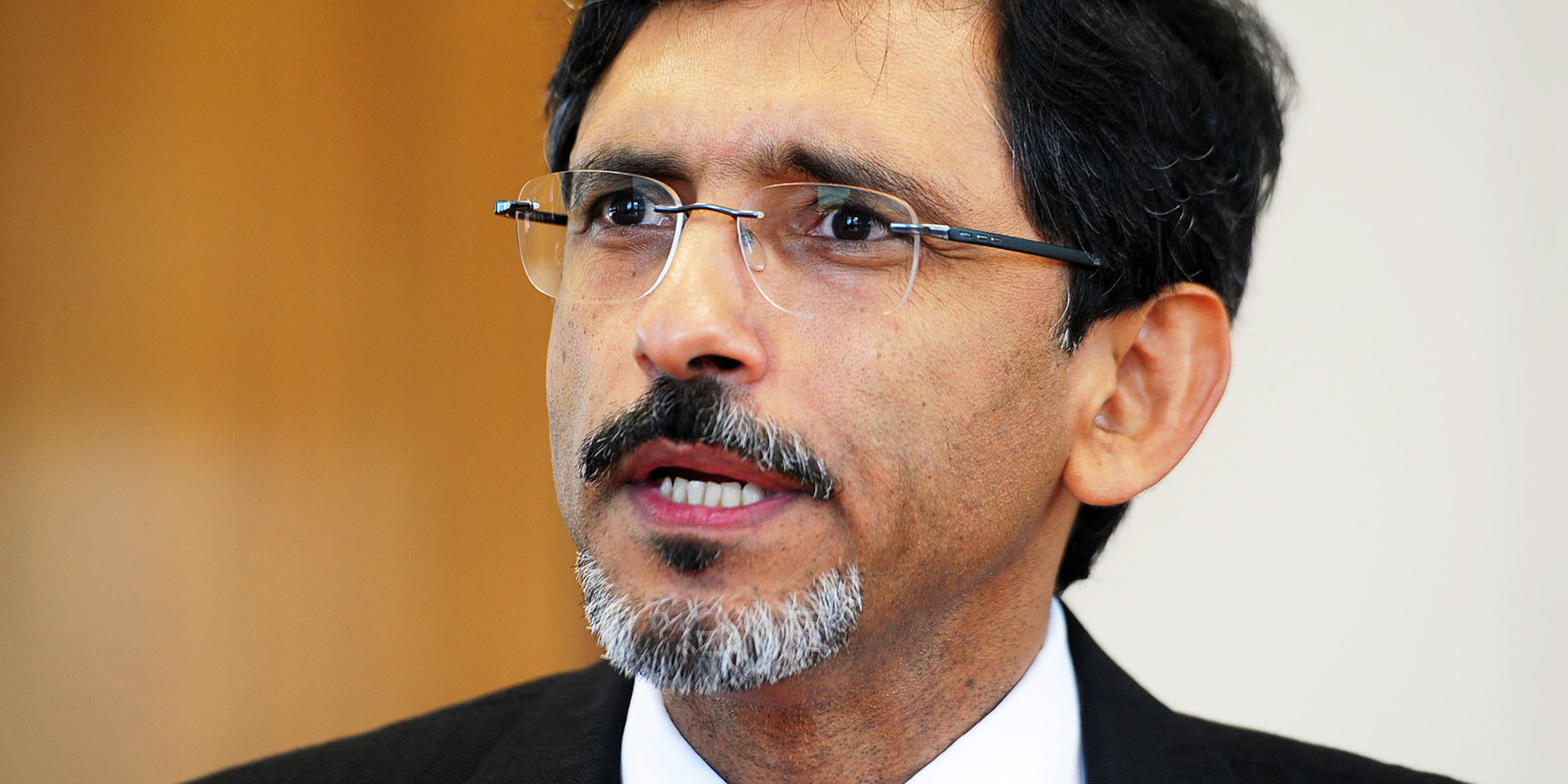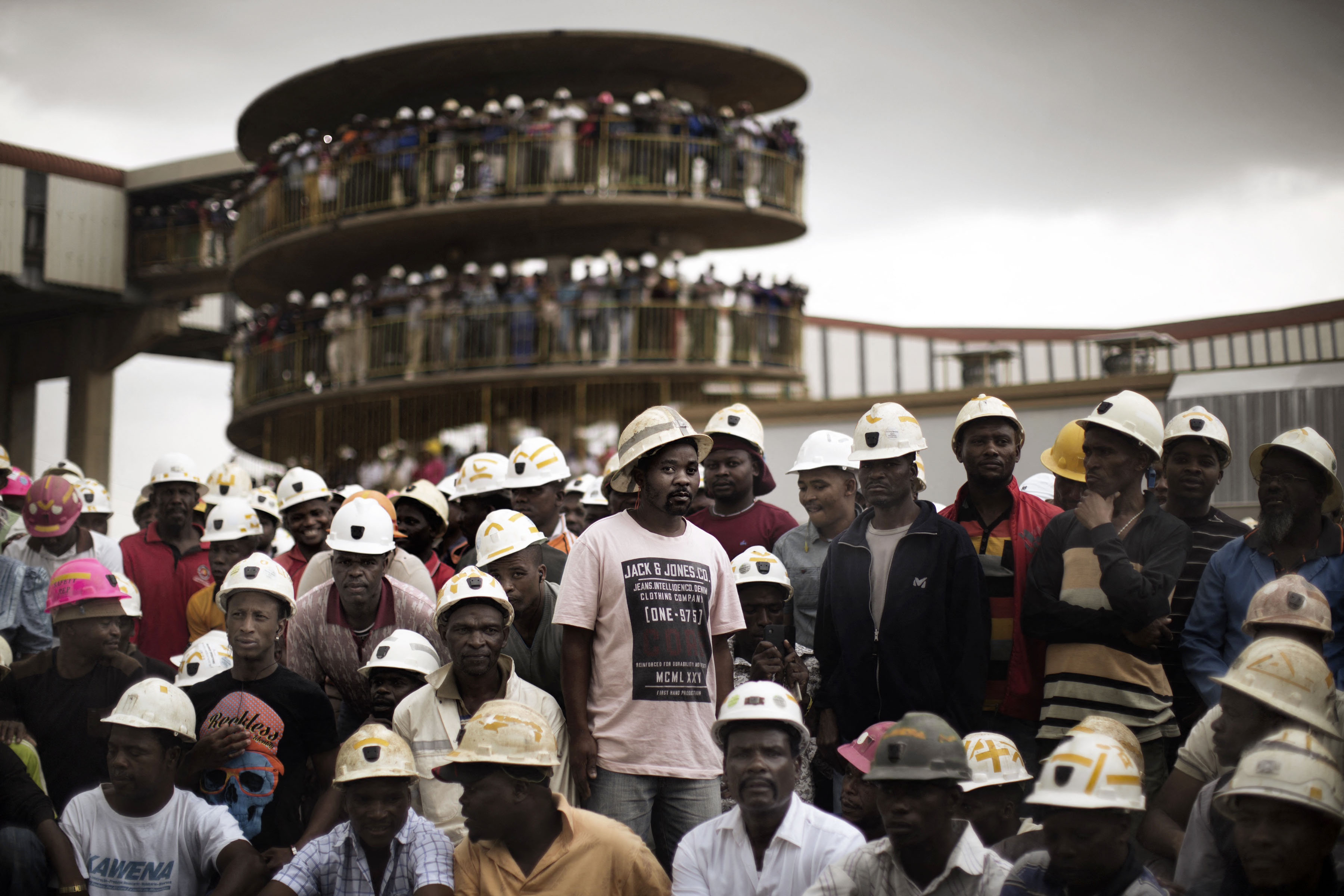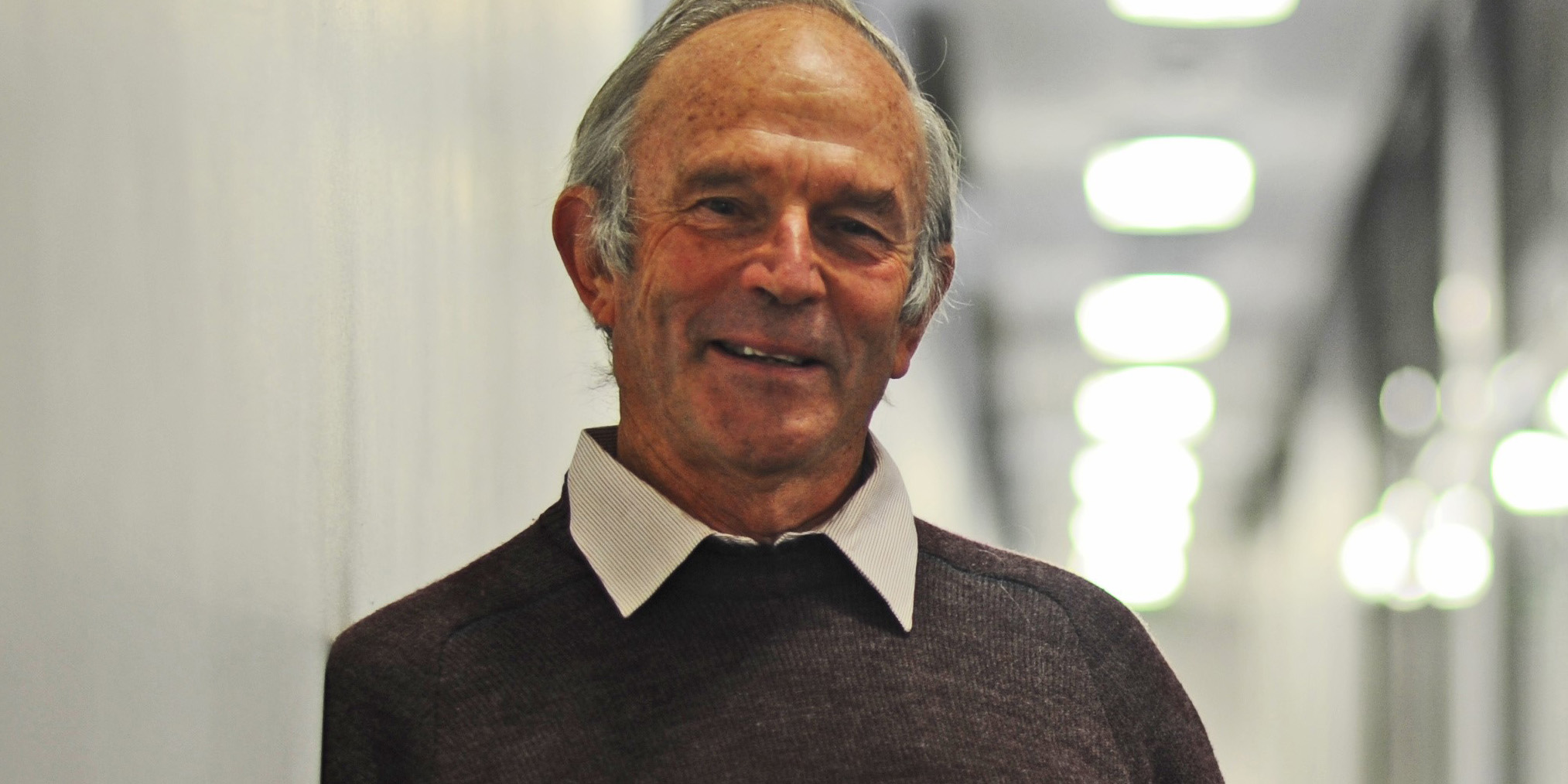It was Francis Wilson who discovered that black miners’ wages had not increased over 50 years. In fact, in real terms, they had gone down.
He had studied the Chamber of Mines’ annual reports from 1911 to 1966, and calculated that black workers earned the 1938 equivalent of R72 in 1911. In 1966 — 55 years later — their real wages had actually dropped by R1. White workers’ wages, on the other hand, had increased and the racial wage gap had widened.
“The numbers were off the charts,” he writes in a forthcoming collection of his work, South Africa: Black, Gold, and White, which will be published in June 2022 by KMM Review Publishing.
He worried he may have his figures wrong. His first book, Labour in the South African Gold Mines was about to be published by Cambridge University Press (CUP), and he did not want to risk either the reviewer — or the Chamber of Mines — excoriating his numbers.
So in 1968, he asked the editor of the Financial Mail if he could publish an article about his findings. He had hoped they may “tuck it away unobtrusively near the back of the next issue. A mistake there would not reverberate as loudly as false figures in a book coming out under the banner of the CUP.”
To his horror, the Financial Mail published his article as its cover story under the headline: “Gold’s Forgotten Men”. They were the “Africans underground”, explained the strap. “In half a century they have got nowhere.”
The Chamber did not dispute his figures. They had tried, though, before he submitted both his doctorate to Cambridge and his book, to vet his findings. He refused.
'Imagine the life of a mine worker'
By that time he had also been down a deep-level mine and into some of the compounds housing up to 90 men in a single dormitory. “You can’t write about South Africa unless you have been down a mine,” he told me in an interview last year.
He describes mine work in his forthcoming book: Imagine a roadworker digging up a pavement with a jack-hammer drill. “Now imagine him doing that work thousands of feet underground, in the intense heat, where he cannot even begin to stand upright, and where the drill is not going with the aid of gravity into the ground beneath, but where it has to be held horizontal and driven into the wall in front.”
The noise is magnified, dust “invades the lungs”, always there is “the possibility that the roof of the mine might suddenly cave in under the pressure, or that a spark from the drill or a careless cigarette might ignite a pocket of methane gas...”
His experience was to put him on a lifelong path of exposing how pernicious the system of migrant labour was, not only for South Africa but for the region. Until 1973, most mineworkers came from outside of South Africa. Then two important catalysts — a plane crash that killed scores of Malawian mineworkers and the 1974 coup in Lisbon that freed the Portuguese African territories from colonial rule — reversed the trend. It was only then, in the mid-1970s, that wages of African miners began to rise.
It taught him, as he told me last year, that “facts are powerful.” Facts matter.
In 1975, he founded the Southern African Labour and Development Research Unit (Saldru) at the University of Cape Town, where he lectured in economics. A consummate networker, he convened conferences on farm labour, and on the economics of health care.
In 1984, Saldru hosted the Second Carnegie Inquiry into Poverty. The first, in 1929, examined the “poor white problem”. The findings became part of the justification for the policy of “separate development” and then apartheid. Wilson used this uncomfortable fact to good effect in raising money for the second inquiry, and a third in the post-apartheid era.
The evidence produced was like a “weather vane,” says Professor Murray Leibbrandt, who took over as director of Saldru in 2001. It was “like an internal temperature reading of society. Government could say whatever they liked but here was the evidence” about dire poverty in apartheid South Africa.
 South African Activist and politician Mamphela Ramphele recalls Francis Wilson back in the apartheid-era 1970s: 'He’d come with his big smile and arms that would wrap around you bringing joy.' (Photo by J. Countess/Getty Images)
South African Activist and politician Mamphela Ramphele recalls Francis Wilson back in the apartheid-era 1970s: 'He’d come with his big smile and arms that would wrap around you bringing joy.' (Photo by J. Countess/Getty Images)
“He was an incredible nurturer of talent,” recalls Dr Mamphela Ramphele, who worked with him on the second inquiry.
Wilson had met Ramphele in 1975 on a trip to King Williams Town (Qonce) to visit the banned black consciousness leader, Steve Biko. He was en route to Hogsback, his family home, and he had his son David in tow, still in the khaki shorts of his primary school in Cape Town.
“I was very struck by this university professor and his son come to see what we were doing at the Zanempilo community centre” in Zinyoka village. It was started by a group of black consciousness people to provide services to the community — a real “beehive”, as Ramphele describes it.
Helped activists threatened with detention
After the 1976 student protests, the police began to crack down more heavily on the black consciousness leaders. Originally university-based, the movement set out to conscientise school students. Some, like Mapetla Mohapi, helped activists threatened with detention to leave the country. Mohapi was killed by the police in detention in 1976, as was Biko in 1977.
After Biko’s death, Ramphele was banished to Tzaneen in the then Eastern Transvaal. Wilson would visit her regularly at the village of Leyenye where she had started another clinic. “He’d come with his big smile and arms that would wrap around you bringing joy… I would hear ‘qoqoqo’ at the door, and he’d say, it’s your newspaper.”
He was just such “a very flowery, very charming, very handsome man,” she recalled. “A real Motho Motho (a Sepedi expression). You could see here is a person with a heart.”
When her banning order was lifted, he recruited her to Saldru to work on the second Carnegie Inquiry.
“He shaped my professional life,” she said, teaching her to write and integrating her into the Cape Town community, then riven by apartheid. “He would say ‘Mams, we’ve got to turn your flowery oral narrative strengths into written narratives because written narratives last forever.’”
Together they wrote the book that came out of that conference, Uprooting Poverty. He became such a part of her life that he went to her oldest son Hlumelo’s “coming out” ceremony when he returned from initiation. He went as the godfather because Hlumelo, her child born of her relationship with Biko, did not have a father to attend the ceremony.
Wilson, says his successor Leibbrandt, had this “amazing ability to pull together the research and the researchers, and forge a community. He’s an evidence-based person but he was much more than that... he didn’t distinguish between surveys and real lived experience.
“Everything that Francis did was about capacity building and empowerment.”
Another whose life he shaped was Ebrahim Patel, now Minister of Trade and Industry. In the early 1980s, Patel had to leave the University of the Western Cape without finishing his degree because of two lengthy spells in detention.
The late Dullah Omar, then a prominent human rights lawyer and later Minister of Justice, had asked Wilson to take on the young activist.
Patel learned to use census data to find out about living conditions on the Cape Flats. And when the Tricameral Parliament elections took place in 1983, they used data to show that, contrary to government claims of a high percentage poll, only a small number had actually registered to vote.
 Ebrahim Patel, now Minister of Trade and Industry. (Photo: Gallo Images / City Press / Leon Sadiki)
Ebrahim Patel, now Minister of Trade and Industry. (Photo: Gallo Images / City Press / Leon Sadiki)
“He was an excellent economist but able to use insights he obtained to connect with problems that ordinary people had in the environment,” he said. But, says Patel, he always stressed “evidence-based engagement”.
An economist with a social conscience
But it was Wilson’s work on migrant labour and the way it shaped the region that made him stand out as an economist with a social conscience. His later work included studies of informal settlements in Cape Town — the target of repeated raids by the apartheid government. The shack settlements — Crossroads and Modderdam Road were the best known — were a direct result of the pass laws that forbade mainly women from joining their migrant worker husbands.
In the first half of the 1970s, more than half a million people were prosecuted under the pass laws for being in urban areas without a permit. That, as Wilson calculated, meant that a person was arrested every minute of every day and night. Describing in 1977 the brutal mid-winter destruction of Modderdam Road on the Cape Flats, he wrote that the central cause was “the inherent contradiction in government policy, which sought simultaneously to encourage economic growth whilst pursuing a goal aimed at stopping and eventually reversing the flow of rural Africans to the city.”
Similarly, he described the mining industry as not only the creator of immense wealth in the region but also the generator of extreme poverty. Lesotho, for instance, exported maize in the early 20th century. By 1930, it was importing food because most of its able-bodied men had gone to the mines. “In no other economy in the world,’ he wrote, “has so large a proportion of the labour force stayed in single-sex accommodation and worked at a place where their families were unable, by law, to stay with them.”
In his later work, Wilson argued for a Sovereign Wealth Fund not only for South Africa but for the region, which supplied hundreds of thousands of men to the mines. There is “unfinished business” with the countries that acted as labour reserves, he said, which “we still need to unpick”.
As much as facts mattered, so did history. He dismissed what he called “flat-Earth economists’ who said it did not. Revenue from the mines in the 20th century largely went to fund white areas and social services. Education was a key example. As early as 1890, white children in the then Orange Free State began to receive free compulsory schooling. It would take another 100 years before black children were granted the same right.
This was critical to understanding the fabric of the country that the Mandela administration inherited in 1994. Not only were living conditions unequal, but the social fabric was in tatters. By the early 21st century, only one-third of African children lived with both parents in the household, compared with 87% of Indian and white children.
In late 1992, the World Bank asked Saldru to undertake a Living Standards Measurement Study (LSMS) for South Africa. Normally, “such initiatives are Bank to government engagements. In the special circumstances of the time, the Bank was unable to break sanctions which were in place and the Central Statistical Services were thus excluded as a major partner,” according to a 2005 document marking its 30th anniversary.
Thus began the series of panel surveys to establish a “baseline” of living conditions at the start of the democratic administration.
Panel studies, where the same people are interviewed at regular periods, are now widely accepted as the most reliable indicators of the dynamics of poverty, unemployment, and inequality levels. In 2006 the Mbeki Cabinet asked Saldru to undertake a panel study known as the National Income Dynamics Survey (Nids). More recently, Nids-Cram, an offshoot of this project, was a go-to source of information about jobs lost, incomes changed, and the effects on education as a result of the Covid-19 pandemic and lockdown.
 Miners of Harmony Gold's Doornkop mine gather to mourn their colleagues who died in a mining accident in Doornkop, southwest of Johannesburg, on February 6, 2014. Eight mineworkers trapped in an underground fire at a Johannesburg gold mine had been found dead, the firm said on February 6, after overnight searches in one of South Africa's worst mine accidents since 2009. Rescuers had brought eight miners to the surface unharmed after the blaze trapped 17 at Harmony Gold's Doornkop mine on Tuesday, leaving nine still missing. (Photo: Marco Longari/AFP)
Miners of Harmony Gold's Doornkop mine gather to mourn their colleagues who died in a mining accident in Doornkop, southwest of Johannesburg, on February 6, 2014. Eight mineworkers trapped in an underground fire at a Johannesburg gold mine had been found dead, the firm said on February 6, after overnight searches in one of South Africa's worst mine accidents since 2009. Rescuers had brought eight miners to the surface unharmed after the blaze trapped 17 at Harmony Gold's Doornkop mine on Tuesday, leaving nine still missing. (Photo: Marco Longari/AFP)
Wilson was born in Livingstone, Zambia on 17 May 1939 to two prominent anthropologists, Godfrey and Monica Wilson, and brought up in the Eastern Cape.* His father died when he was just five, and his brother Tim (a doctor who ran the Alexandra clinic) a toddler. They were raised at Hogsback in the Eastern Cape where he saw tangible evidence of the effects of migrant labour on rural areas. “I could see how the men came to sell their cattle,” he said, as grazing land became inadequate. The sale points were also where labour recruiters came from the mines and farms.
In 1958, he enrolled at UCT to study physics but decided he did not want to spend his life “counting electrons” and moved to economics.
He married his wife, Lindy Serrurier, whom he had first met as an undergraduate at UCT, in 1964 and had three children, David, Jessica, and Tanya.
He died in a hospital in Cape Town on 24 April after being ill for several months.
In one of his final messages to students when he was awarded an honorary doctorate by UCT in 2016, he called for “a radical creative vision beyond the gods that have failed both on the left and the right.” It was their task to forge that new vision. “What is needed are hearts on fire and heads on ice.” DM
Green edits Econ3x3, an online economic policy newsletter based at SALDRU. She also wrote the introduction for Wilson’s forthcoming collected works to be published by KMM Review Publishing Company in June.
* This article was updated to correct a factual error on 5 May 2022 at 12.39pm.
[hearken id="daily-maverick/9366"]




 Mine workers at Harmony Gold's Doornkop mine gather to mourn their colleagues who died in a mining accident in Doornkop, southwest of Johannesburg, on 6 February 2014. (Photo: Marco Longari / AFP)
Mine workers at Harmony Gold's Doornkop mine gather to mourn their colleagues who died in a mining accident in Doornkop, southwest of Johannesburg, on 6 February 2014. (Photo: Marco Longari / AFP)